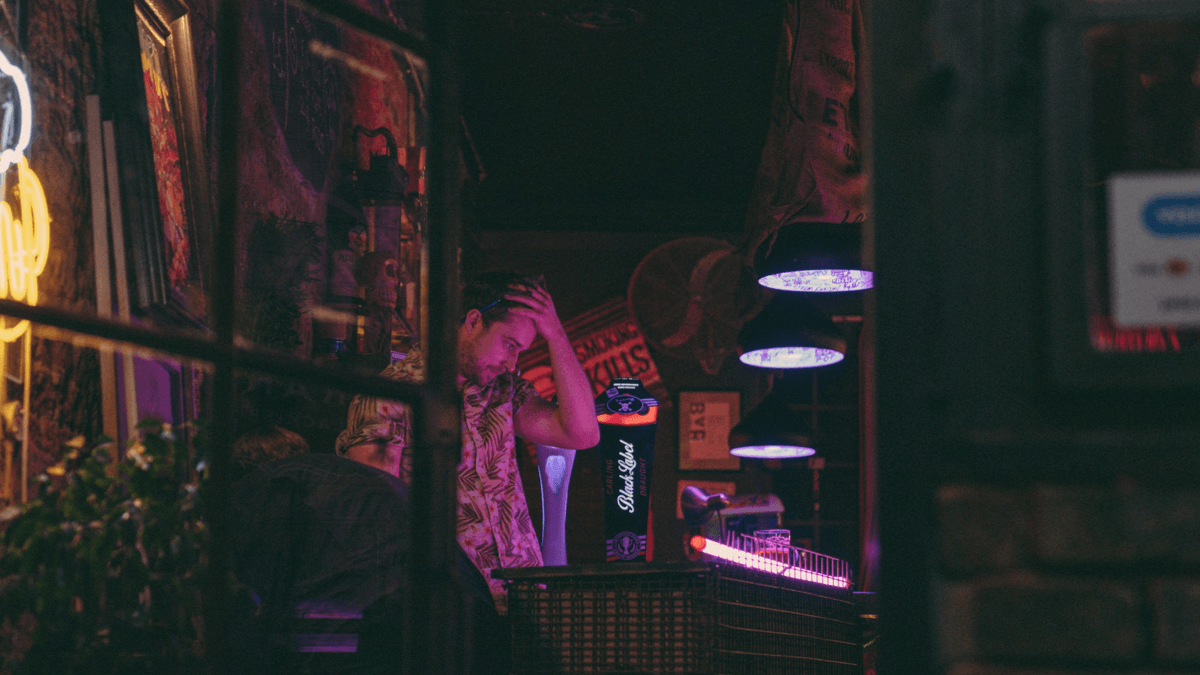So you’ve got the underdog mindset, and you know how to dig deep when it comes to chasing your goals. But being an underdog doesn’t necessarily mean you’re going to win… The underdogs that succeed don’t do so by simply being underdogs – they succeed by a bold focused, action-based approach to their business.
We call these companies: challenger brands. These businesses have the mindset and ambition that can help them far surpass the competition. And although being a challenger brand isn’t easy, it pays off big time.
Challenger brands are neither market leaders, nor niche brands
Challenger brands occupy an intriguing space in the market. They may be household names, but they’re also not the market leader. Nor are they obscure, niche brands. Instead, a challenger brand sits somewhere in between – and earns their title because of a willingness and ability to challenge the norm. Challenger brands may be small or have limited resources, but their never-say-die attitude and sometimes controversial actions garner recognition, customers, and, often, respect.
The challenger brand might be intent on shaking up the general market domination of big businesses. For example, a food company may want to shift the focus from flavour to health, or a clothing company away from using slim models to celebrating the body-positive movement.
The category of challenger brands may be broad, but provided your brand’s mission is to make real progress against the status quo, and in doing so, win over new customers, it’s fair to say that you too are a part of this winning club.
Not just reserved for scrappy start-ups
Many challenger brands emerge as start-ups and immediately set a goal of tackling better-recognised competition. A business that is born out of a desire to shake up a leading player is a powerful one that can often be more successful than the company that inspired it.
But established businesses aren’t excluded from the category, either. Even market leaders can fall behind in one or more categories, and some of the most successful million-dollar businesses still channel this mindset to ensure that they retain their position as market leaders. Regardless of their age, businesses with the challenger brand mindset will stay relevant and continue to win customers over.
South Africa is full of examples of small businesses that have risen through the ranks as challenger brands. Small ice cream shops with unique African-inspired flavours; farming collectives that deliver quality goods to high-end markets; online grocery delivery services that focus on underserved townships; and local designers who make clothing that prioritises comfort.
But there are also established businesses that constantly look to reinvent themselves. Takeaway chicken outlets that deliver timeous social commentary and quirky marketing; coffee shops that offer curbside pickups during a pandemic; medical aids that incentivise members to exercise; and app-based insurance companies that offer flat fees and greater transparency.
All, in their own way, are challenger brands — and as long as they challenge their competition or the industry as a whole, they’ll continue to be defined as such.
As a small business, in particular, it’s this factor that will help you stand out from the opposition — including the more prominent and established brands who’ve lost this focus as they’ve scaled.
Challenger brands aren't going through a "phase"
It may be tempting to look at being a challenger brand as a phase or a right of passage. But as a mindset, it’s much greater than that.
Innocent Drinks, a United Kingdom juice company, gained early success as a genuine underdog challenger brand with disruptive marketing strategies and a refreshing take on an industry dominated by jaded conglomerates. But as the UK’s biggest juice brand today, it continues to tap into the ethos that got it to this point.
Founder Douglas Lamont is proud that despite the company’s multimillion-pound valuation, they’re still perceived by many as the little fish fighting against the juice kingpins.
Founder Douglas Lamont is proud that despite the company’s multimillion-pound valuation, they’re still perceived by many as the little fish fighting against the juice kingpins.
“We’ve never lost that small guy, challenger mentality, and part of my job is to make sure we never do,” Lamont said.
Innocent Drinks may have passed through all the challenger brand phases. Still, it remains one of the most disruptive and appreciated products in its categories — a balance it has established due almost entirely to its challenger brand mentality.
Being a challenger brand isn’t necessarily an easy role to assume, and it’s not for all business owners. But the challenger mentality – one that doesn’t simply lie down and accept a situation for what it is, without first pushing back – can yield massive rewards down the line. If you’re able to ensure this challenger mentality fully informs your organisation’s thinking and strategies, there’s no reason why your small, scrappy challenger brand can’t go on to become a giant one.



